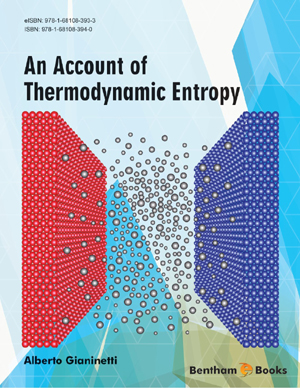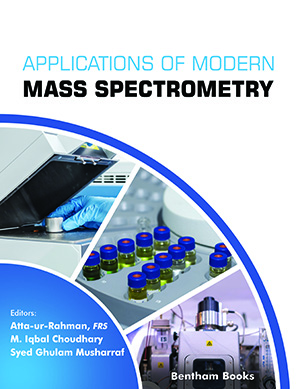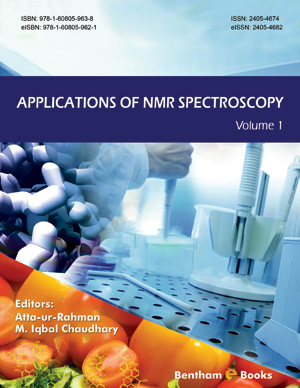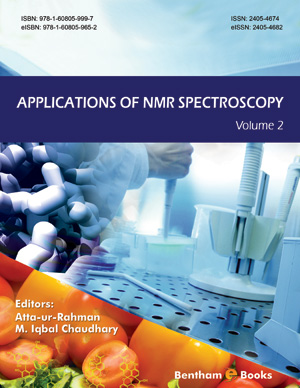Abstract
Microwave irradiation has been successfully applied in organic chemistry. Spectacular accelerations, higher yields under milder reaction conditions and higher product purities have all been reported. Indeed, a number of authors have described success in reactions that do not occur by conventional heating and even modifications of selectivity (chemo-, regio and stereoselectivity). An overview of the application of microwave irradiation in organic synthesis and the combination with other synthetic methodologies is included. The effect of microwave irradiation in organic synthesis is a combination of thermal effects, arising from the heating rate, superheating or “hot spots”, the selective absorption of radiation by polar substances and the existence of non-thermal effects of the highly polarizing radiation – the “specific microwave effect”. Such phenomena are not usually accessible by classical heating.






















